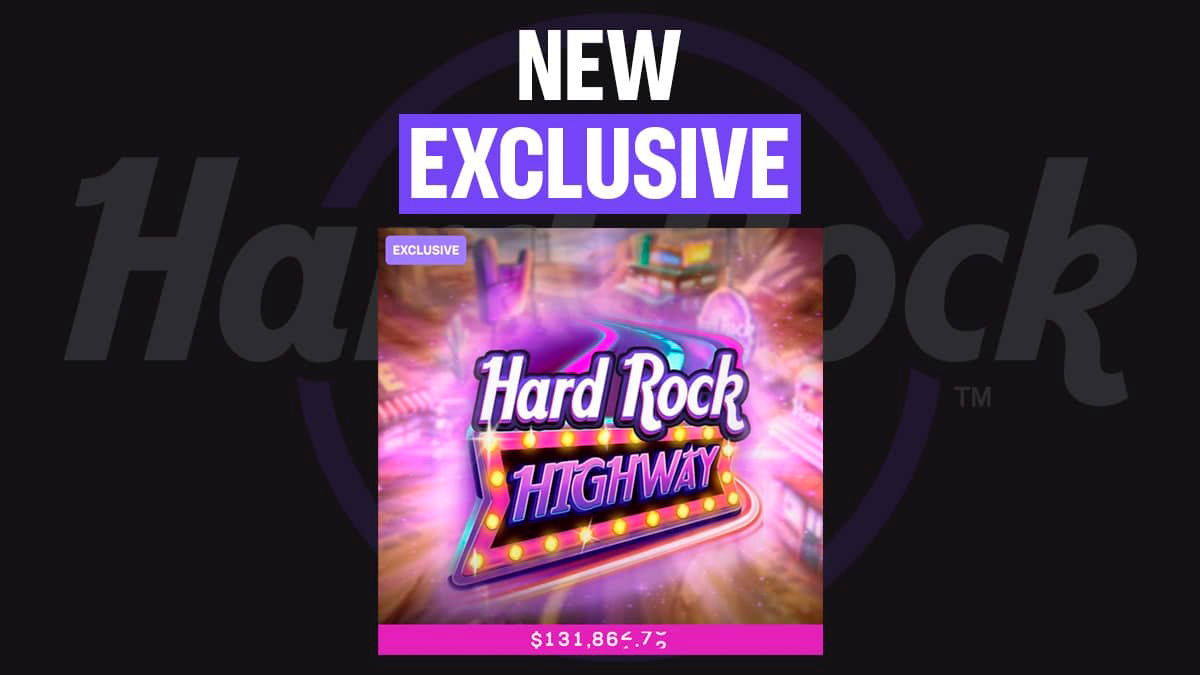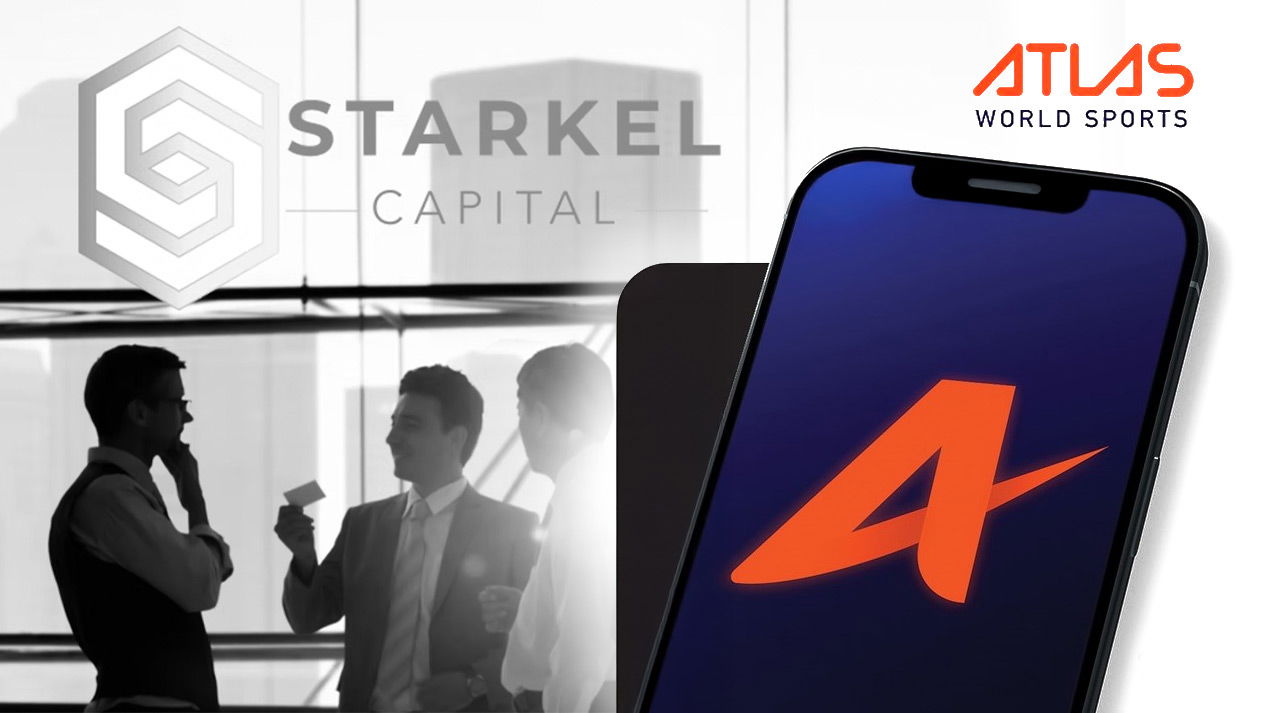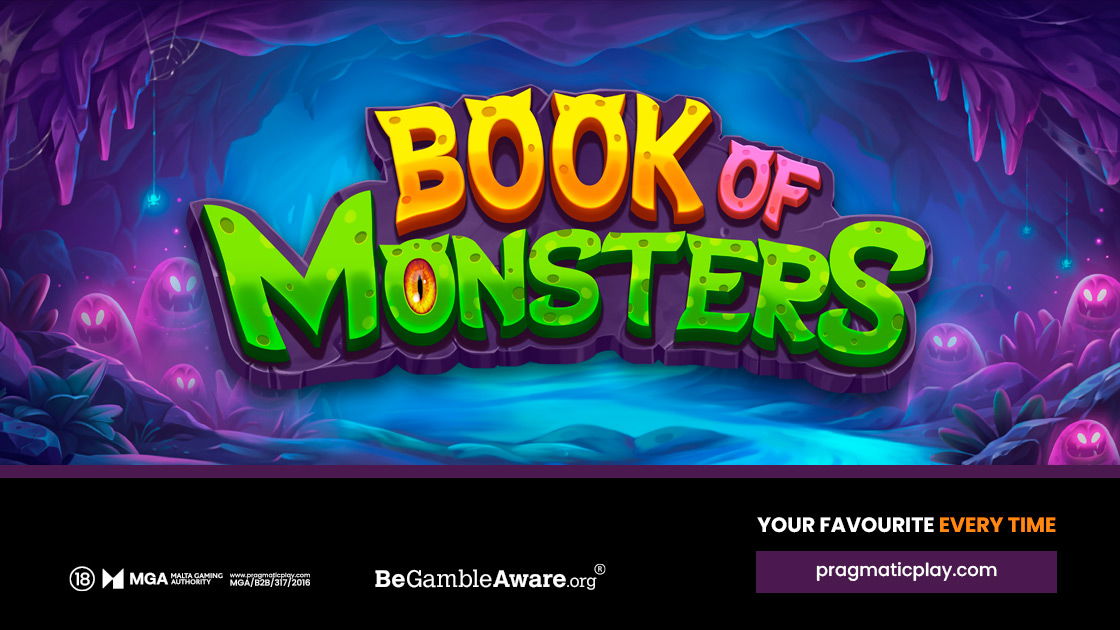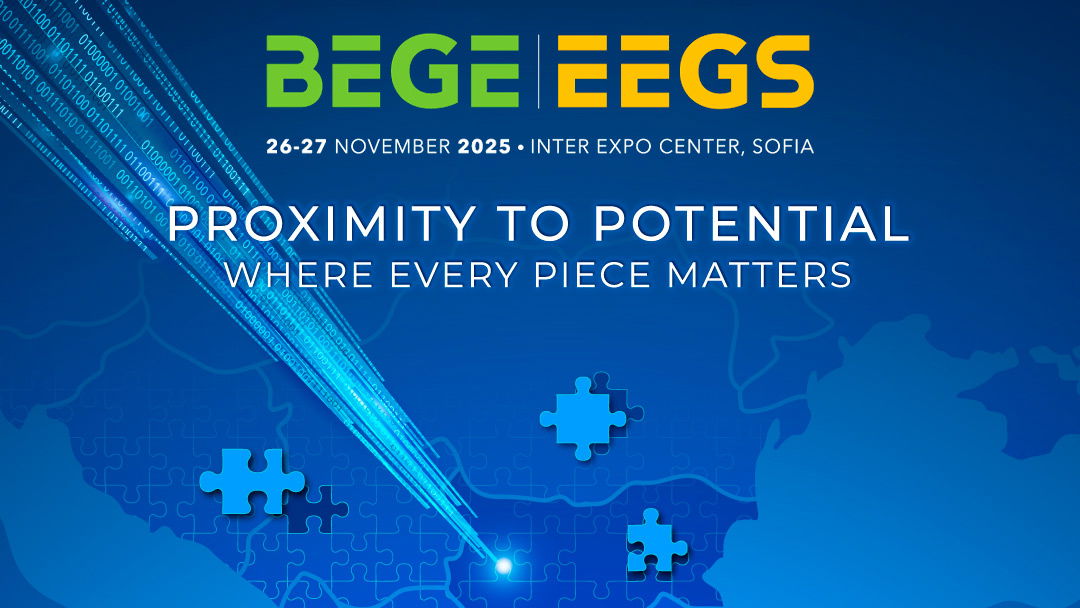Kindred US: "Creating unique content is a key focus in order to differentiate in a highly competitive market"

In an exclusive interview with Yogonet, Kindred's U.S. Senior Vice President, Manuel Stan, spoke about Unibet's expansion across the U.S; the company's latest releases along with the Philadelphia Eagles and Evolution; its projections for 2022 while reflecting on 2021's achievements; and the reasons why the company decided not to apply for a New York license.
Philadelphia Eagles-themed dealer game is now available to the New Jersey public. This being a new addition to your sports-themed slot, which has also included another NFL team with the Pittsburgh Steelers deal, how would you assess this business strategy so far? Which added value has this proven as a differential factor in the US, and which role do Evolution's development capacities play in this?
We are very excited to continue to build on the early success that we had in Pennsylvania with the Eagles slot and blackjack RNG tables as well as with the Steelers live dealer tables. Creating unique content is a key focus for our Product and Marketing teams in order to differentiate in a highly competitive market. With these games, we are able to deliver an engaging experience for the football fans in New Jersey and Pennsylvania and build a strong connection between the Unibet brand and the teams’ fans.
Evolution is a world leader in live casino content and we are very excited to extend our partnership with them to bring even more exciting content to our players.

How do you plan to leverage this distinctive product during NFL Playoffs and the Super Bowl? Will there be more of these launches, possibly with other major leagues, as the company expands into new markets?
This is a product where we have seen very high engagement rates with our players and will continue to work with our partners – football as well as other partners – to innovate and bring exciting content to the fans.
As we enter 2022, looking back on last year, how would the company describe its 2021 in terms of growth, performance and market share goals in the states where it’s already live? What are the projects for this new year when it comes to expansion and the conquest of new markets?
2021 was a challenging year when we doubled our footprint in the US with the addition of 3 new States (Virginia, Iowa and Arizona). The level of competition increased and even more importantly, the level of investment increased across the board. We remain confident that our selective expansion strategy combined with a strong focus on product excellence and customer experience will pay dividends as the market continues to mature.

As Unibet expands in the US, currently holding conditional market access in the recently legalized market of Ohio, what are the next steps and timeline for the company to become fully licensed and operational in the state? What advantages would Unibet have over its competitors in that market, and which added value does Penn National represent as a partner?
Ohio is the 7th largest State in the US and clearly a key state on our roadmap. While the legislation passed has both pros and cons (sensible license fees and tax levels, but unfavorable terms for secondary skins), we are looking forward to seeing the final regulations and timelines for the market.
Unibet said last April it plans to open an office in Virginia that would function as its third hub together with its offices in New York and New Jersey. Could you share an update on these plans? Which new doors will this open for Unibet?
While the pandemic has challenged our plans, we continued to grow our staff footprint with 2 new locations in 2021 – Nevada and Virginia. We opened our 3rd office in North America in Q2 2021 in Las Vegas, which is now our 3rd largest office in terms of employees but likely to outgrow the New York and New Jersey offices. We also have staff based in Virginia.
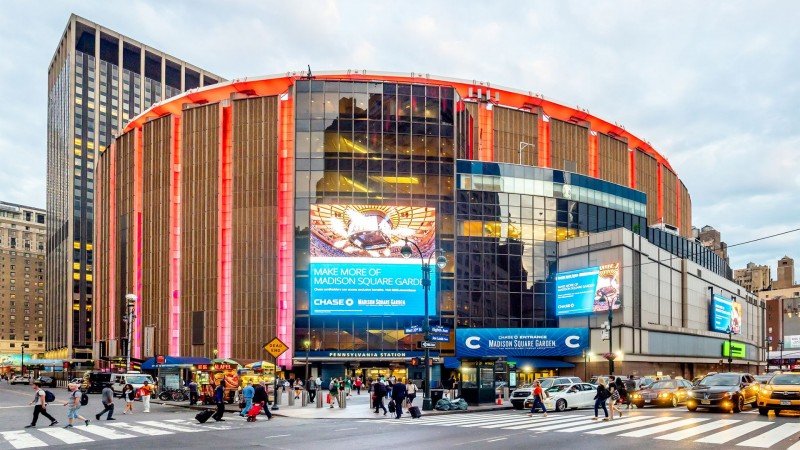
All the industry is looking at New York’s mobile sports betting debut, where five operators are already live and other four are licensed and set to follow suit. What’s your approach to this new market? Could there be any possibilities for Unibet to eventually take any part in it, for instance, considering your existing partnerships in other markets with Caesars and Penn National?
We made the decision not to apply a NY license as we did not believe the operational costs (license, tax fees, hosting + marketing, product & suppliers and opex) can result into a profitable market for us. That being said, NY will be one of the largest markets in North America, so should any changes or opportunities occur down the line, we will obviously be considering them carefully.



